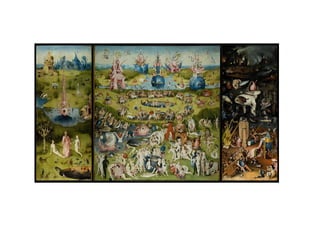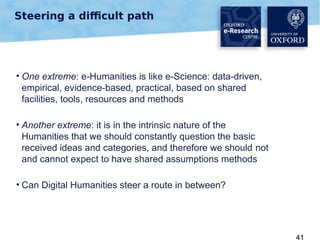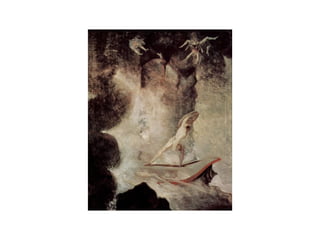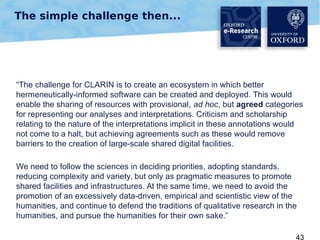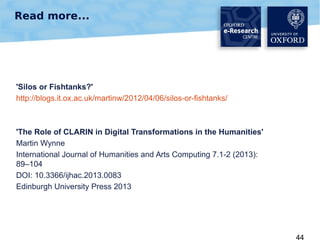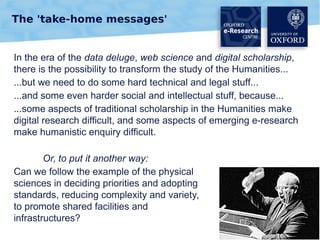The document discusses the potential for a digital revolution in the humanities, emphasizing the need to overcome technical, legal, and administrative barriers that hinder e-research. It highlights the fragmented nature of resources and the challenges inherent in traditional humanities scholarship, which complicate the adoption of digital tools and methods. The text advocates for a collaborative ecosystem that balances empirical research with qualitative traditions, facilitating shared infrastructure and resources to advance digital humanities scholarship.
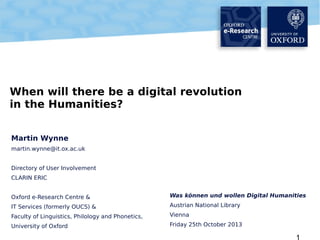
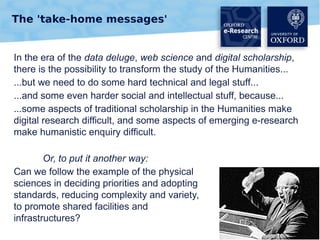
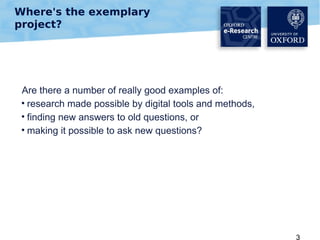
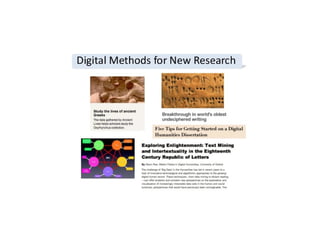

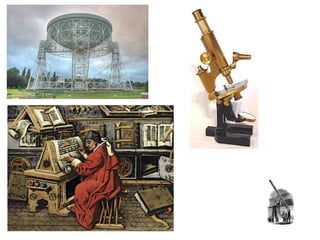
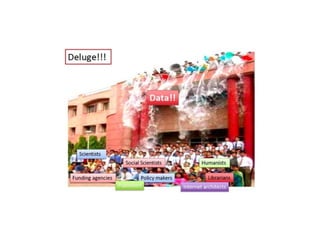
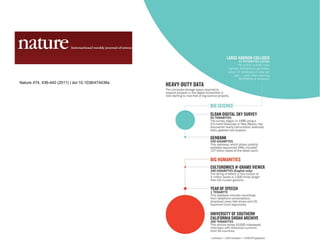

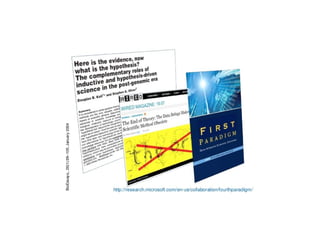


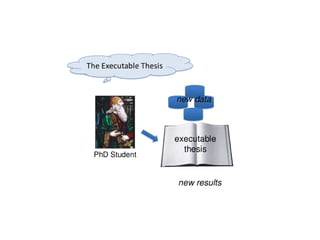

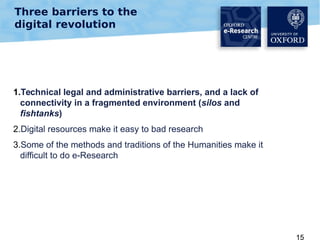
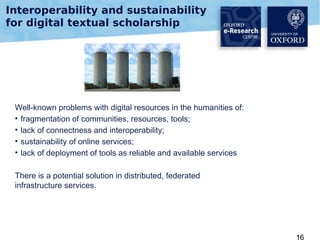
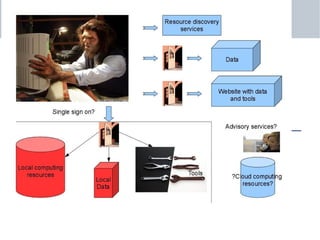
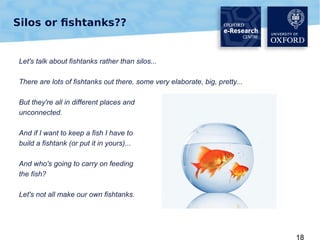
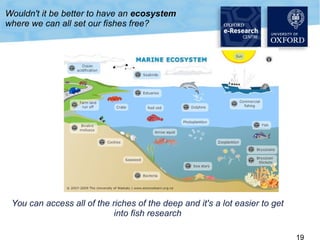
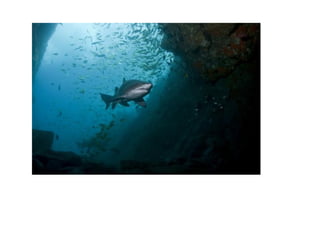
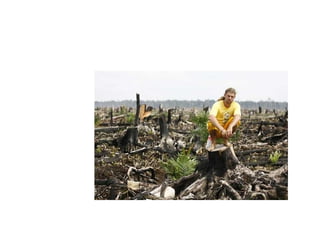
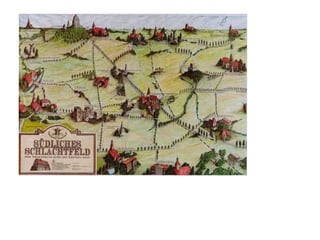
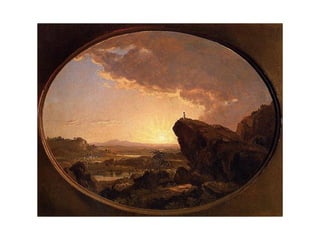
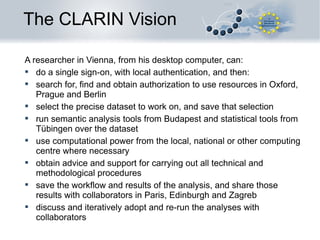
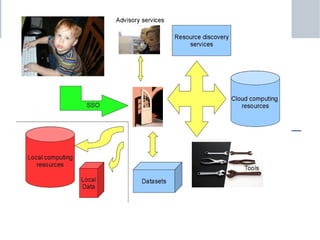

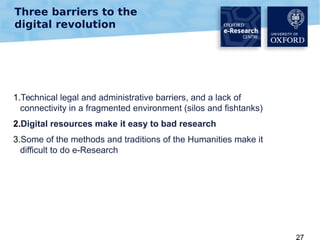

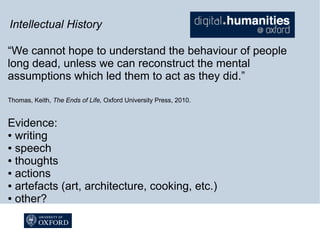
![Some testable assertions
State
“...no political writer before the middle of the sixteenth century used the word 'state' in
anything like its modern political sense [referring to the machinery of government and
social control]” (Skinner, Quentin, The Foundations of Modern Political Thought,
Cambridge University Press, 1978).
Tudor
“The idea of a "Tudor era" in history is a misleading invention, claims an Oxford University
historian. Cliff Davies says his research shows the term "Tudor" was barely ever used
during the time of Tudor monarchs.” (http://www.bbc.co.uk/news/education-18240901
May 2012)
Holocaust
“I will argue that “The Holocaust” is an ideological representation of the Nazi
holocaust...Until recently, however, the Nazi holocaust barely figured in American life.
Between the end of World War II and the late 60s, only a handful of books and films
touched on the subject”. (Norman Finkelstein, The Holocaust Industry. Verso, 2000.)](https://image.slidesharecdn.com/wynnepresentation-131025031738-phpapp02/85/When-will-there-be-a-digital-revolution-in-the-humanities-30-320.jpg)
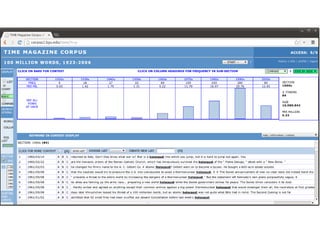

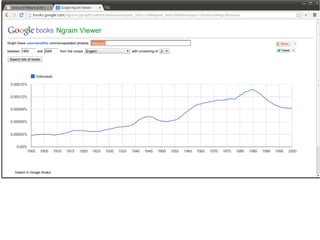
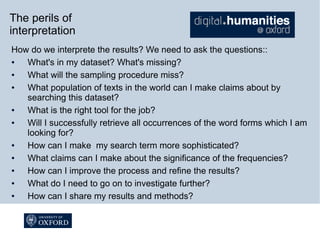
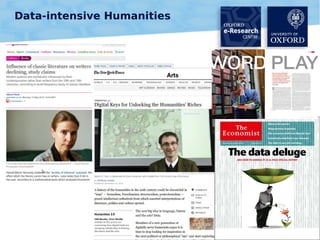
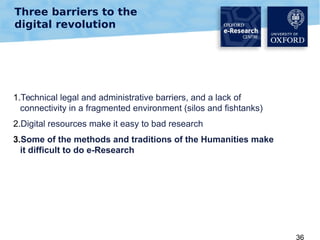


![In defence of the enlightenment
"[There is] a monolithic conception of social space, according to which
it would suffice to have the right information to make the right decisions.
But in point of fact, information itself is far from homogenous and no
purely quantitative approach is satisfying. Having ever greater amounts
of information at our fingertips not only does not make us more
virtuous, as Rousseau already predicted, but it does not even make us
more knowledgeable."
[Tzvetan Todorov, In Defence of the Enlightenment, 2009]
39](https://image.slidesharecdn.com/wynnepresentation-131025031738-phpapp02/85/When-will-there-be-a-digital-revolution-in-the-humanities-39-320.jpg)
